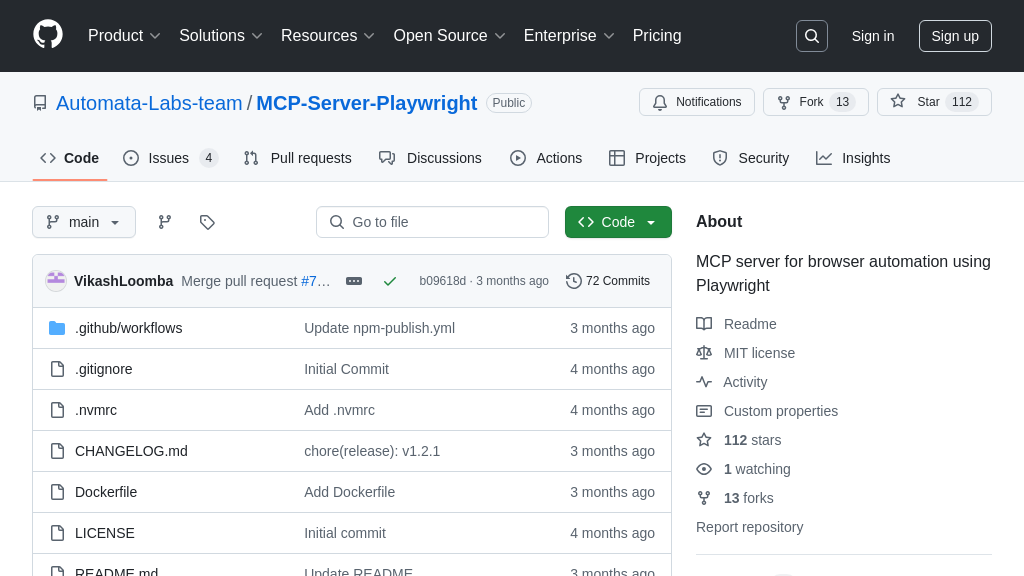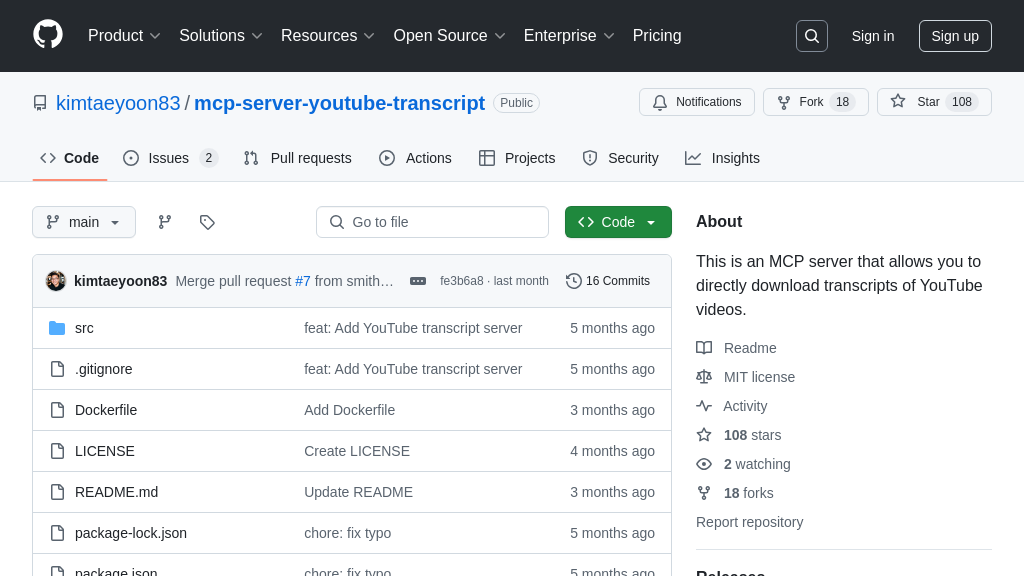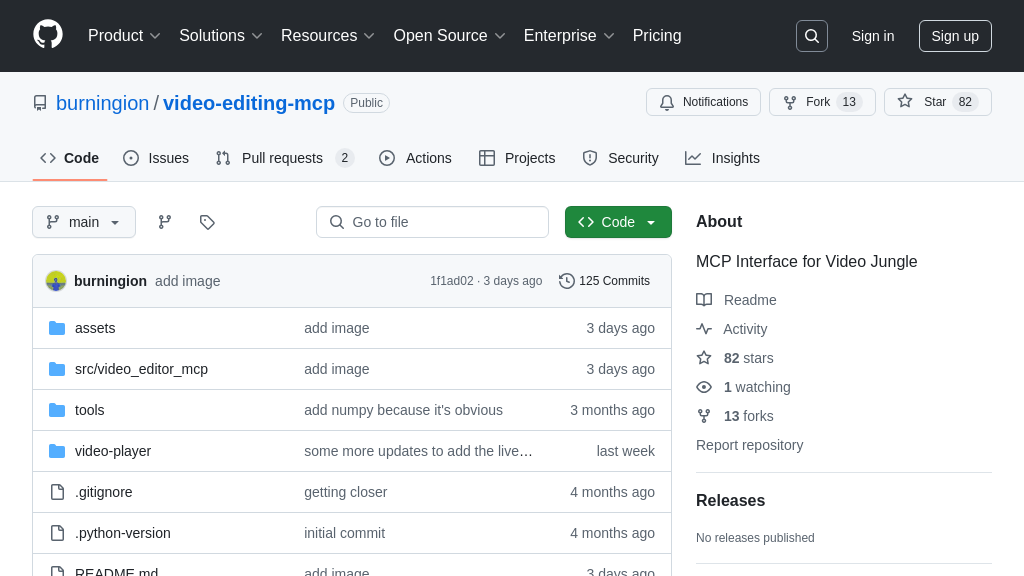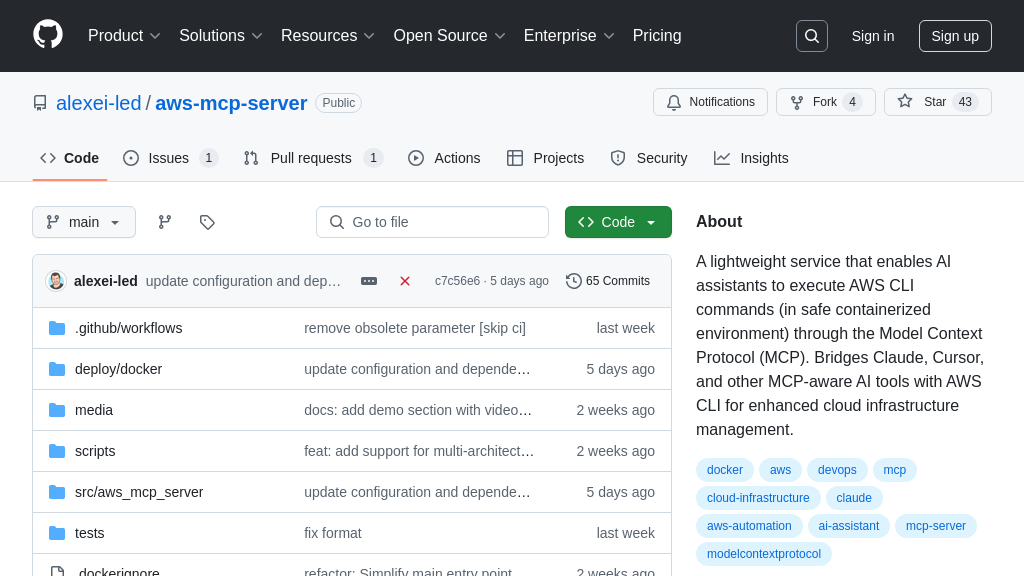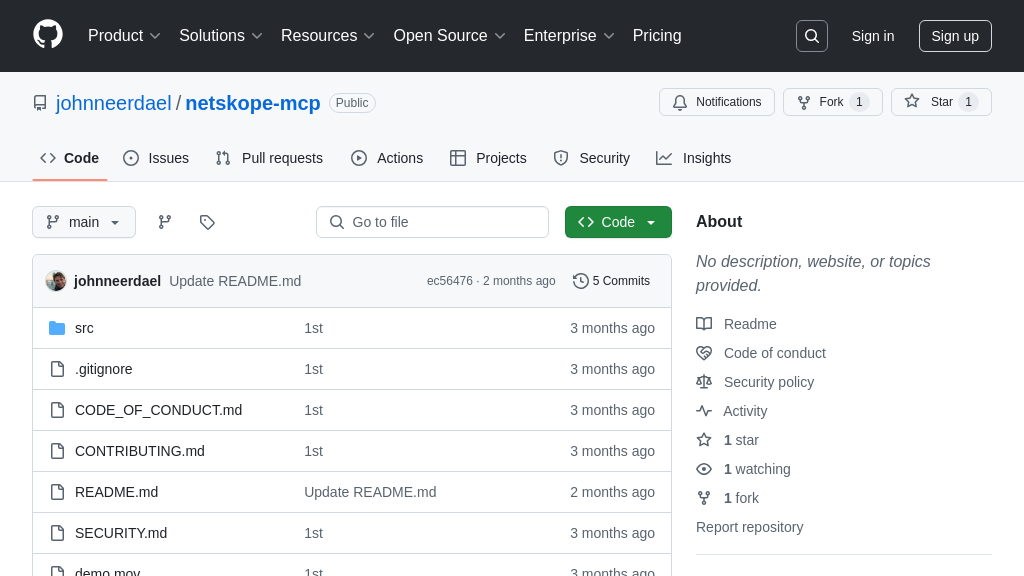MCP-timeserver
MCP-timeserver: An MCP server providing datetime information to AI models. Access current time in any timezone!
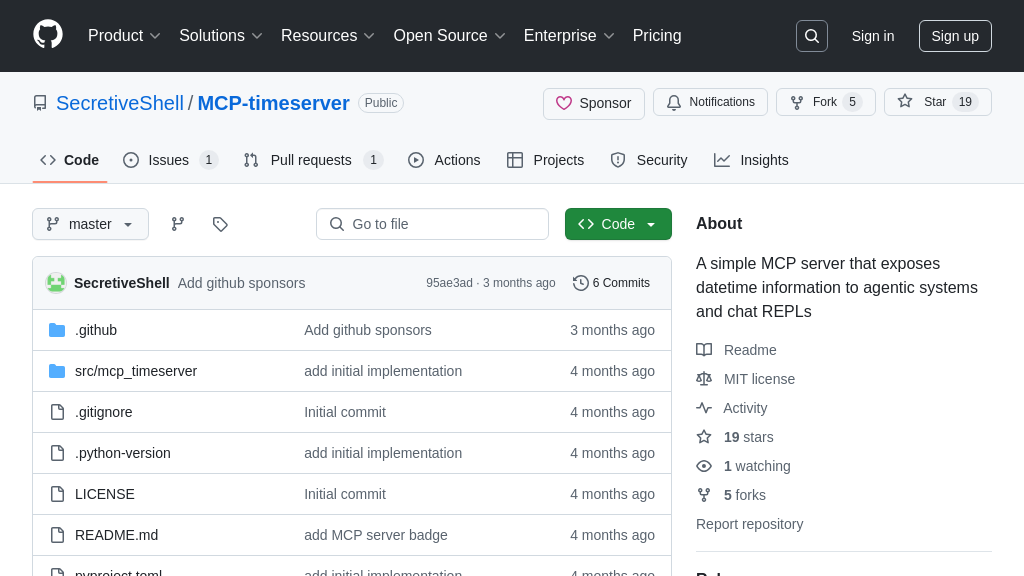
MCP-timeserver Solution Overview
MCP-timeserver is a valuable MCP server designed to provide accurate datetime information to AI agents and interactive chat environments. It empowers AI models with real-time awareness, enabling them to perform time-sensitive tasks and provide contextually relevant responses. By implementing a datetime:// URI scheme, the server allows access to the current date and time in various timezones, such as datetime://Africa/Freetown/now. It also exposes a tool to retrieve the current local time.
Integrating MCP-timeserver is straightforward; configure your AI model to utilize this MCP server, as demonstrated in the provided JSON snippet. This server addresses the common developer challenge of equipping AI models with reliable time data, enhancing their functionality in scheduling, data analysis, and user interaction scenarios. Built with Python and licensed under MIT, MCP-timeserver offers a simple yet effective solution for time-aware AI applications.
MCP-timeserver Key Capabilities
Timezone-Aware Date/Time Access
MCP-timeserver's core function is providing AI models with access to current date and time information, specifically tailored to different timezones. It achieves this through the datetime:// URI scheme. This allows models to request the current time for any IANA-defined timezone, such as datetime://Europe/London/now or datetime://America/New_York/now. The server processes these requests and returns the corresponding time as a string. This is crucial for AI applications that need to operate in a global context, schedule tasks across different regions, or understand time-sensitive data from various locations. For example, an AI assistant scheduling international meetings can use this feature to accurately determine suitable meeting times for participants in different timezones, avoiding scheduling conflicts. The server relies on standard Python libraries for timezone handling, ensuring accuracy and compatibility.
Standardized Datetime Resource
The datetime:// URI scheme offers a standardized way for AI models to request datetime information. This standardization is a key benefit of MCP, allowing different models and clients to interact with the time server in a consistent manner. Instead of relying on custom APIs or ad-hoc methods, models can use a well-defined URI to access the resource. This simplifies integration and reduces the complexity of AI workflows. For instance, an AI-powered trading bot can use the datetime:// URI to timestamp transactions, ensuring consistency across different exchanges and data sources. The server parses the URI, extracts the timezone information, and returns the current time in the requested format. This standardization promotes interoperability within the MCP ecosystem.
Simple Time Retrieval Tool
MCP-timeserver exposes a tool, get_current_time(), that provides the current local time of the system where the server is running. While seemingly basic, this tool serves as a fundamental building block for more complex AI operations. It allows AI models to establish a baseline time reference, which can be used for relative time calculations or for synchronizing activities. For example, an AI-powered monitoring system can use get_current_time() to log events with accurate timestamps, facilitating debugging and analysis. The tool directly leverages the system's local time settings, ensuring that the returned time is consistent with the server's environment. This simplicity and reliability make it a valuable asset for AI developers.
Easy Integration via MCP
MCP-timeserver is designed for seamless integration into the MCP ecosystem. The provided JSON configuration snippet demonstrates how to configure an AI model to use the server. By specifying the server's command and arguments, the model can automatically discover and utilize the time server's resources. This simplifies the deployment and management of AI applications, as developers don't need to manually configure each model to access time information. For example, an AI chatbot can be easily configured to use MCP-timeserver to provide users with the current time in their local timezone. The MCP framework handles the communication and data exchange between the model and the server, ensuring a smooth and reliable integration.

